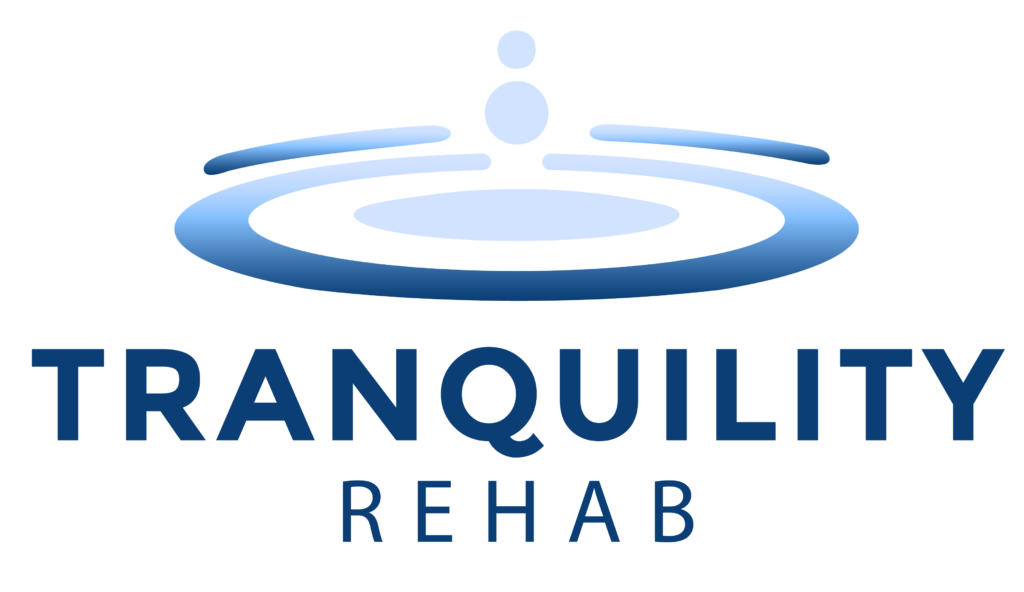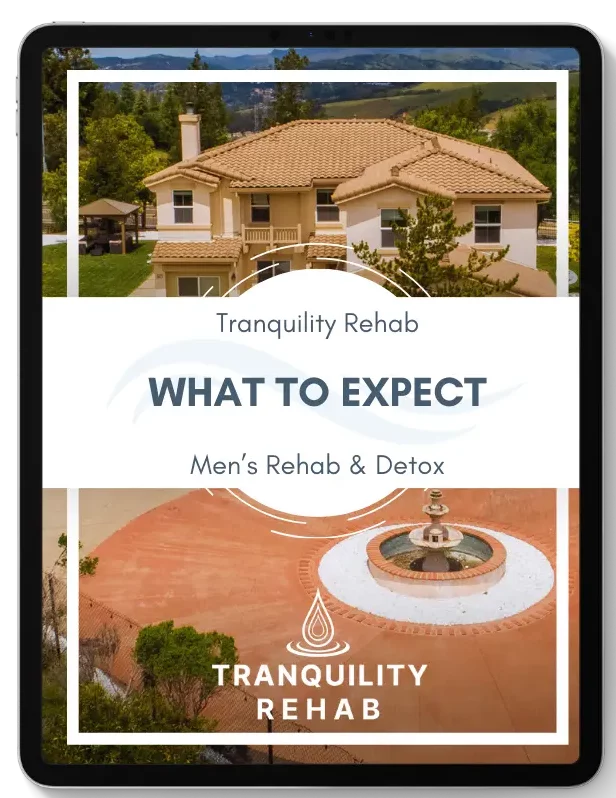Recovery from addiction is a journey that challenges not just the body but the mind and emotions as well. While core treatments like therapy, medication, and support groups play a vital role, relaxation techniques can add a much-needed dimension to the process. Relaxation as treatment takes a holistic approach, tackling the stress and anxiety that so often accompany recovery and equipping individuals with tools to handle triggers, balance their emotions, and embrace overall well-being.
Why Relaxation Matters in Recovery
The recovery process often stirs up intense emotions and stress levels. Since stress is a major trigger for substance use, learning how to manage it effectively is a cornerstone of long-term sobriety. Relaxation as treatment focuses on calming both the mind and body, creating space for healing. These techniques don’t just offer relief in the moment; they prepare individuals with the skills they need to face challenges down the road.
Research supports the value of these methods. A study published in Psychology of Addictive Behaviors showed that people who included relaxation practices in their recovery plans saw a 30% drop in cravings and significant improvement in managing emotions. It’s clear that addressing stress management is more than just helpful—it’s essential.
The Science Behind Relaxation
Relaxation isn’t just about feeling good; it’s backed by science. Studies show that meditation and deep breathing can reduce heart rate, lower blood pressure, and decrease stress hormones. Yoga and progressive muscle relaxation have also been proven to enhance brain function, improve sleep, and ease chronic pain. These techniques activate the parasympathetic nervous system, helping the body recover from stress and build resilience.
The Benefits of Relaxation Techniques
Incorporating relaxation techniques into recovery brings numerous advantages that can make a lasting difference:
- Lower Stress Levels – Stress is a leading cause of relapse, and relaxation methods like meditation, deep breathing, and progressive muscle relaxation can dramatically lower cortisol levels. Studies show that meditation can reduce stress hormones by up to 20%.
- Better Emotional Balance – Recovery often stirs up feelings of frustration, sadness, or anger. Relaxation helps promote mindfulness, enabling individuals to process their emotions in healthy ways. According to Harvard Health, mindfulness can ease symptoms of anxiety and depression by 38%.
- Improved Sleep – Sleep issues are a common hurdle in recovery. Techniques like guided imagery or yoga can significantly improve sleep quality. The National Sleep Foundation reports that yoga improves sleep by 55% in people with insomnia.
- Eased Withdrawal Symptoms – Withdrawal often brings uncomfortable symptoms like muscle tension, headaches, and nausea. Relaxation strategies such as massage therapy and aromatherapy can alleviate these physical discomforts. Research shows massage therapy reduces pain by 25% and anxiety by 50%.
- Reconnection with the Self – Recovery isn’t just about quitting substances; it’s about rediscovering oneself. Relaxation techniques foster a sense of inner peace and help individuals rebuild their confidence and self-awareness.
Techniques That Work
Not all relaxation techniques are the same, and finding what resonates with each person is key. Here are some tried-and-true methods:
- Meditation – Meditation helps calm the mind and improve focus. Practices like mindfulness meditation encourage individuals to stay in the present moment, reducing worries about the future or regrets about the past. Regular meditation has been shown to lower relapse rates.
- Deep Breathing – This simple technique activates the body’s natural relaxation response. Exercises like diaphragmatic breathing or the 4-7-8 method can quickly reduce stress. Research indicates that deep breathing can lower blood pressure and heart rate by 15%.
- Yoga – Combining movement, breathwork, and meditation, yoga promotes both physical and mental health. It’s particularly effective for reducing tension and building inner calm. A study from the Journal of Psychiatric Practice found yoga decreased PTSD symptoms by 45%.
- Progressive Muscle Relaxation (PMR) – PMR involves tensing and relaxing muscle groups, releasing physical tension and calming the mind. Studies show it reduces anxiety symptoms by 40%.
- Guided Imagery – This technique involves visualizing calming scenes or scenarios, helping to redirect focus from stress to positivity. Clinical trials reveal that guided imagery can cut stress-related symptoms.
- Massage Therapy – Massage therapy relieves physical discomfort and boosts endorphin levels. It’s a soothing way to reduce stress and enhance mood. Research highlights that massage therapy lowers cortisol by 31%.
- Aromatherapy – Essential oils like lavender and chamomile are known for their calming effects. Adding aromatherapy to daily routines can help with relaxation and better sleep. Studies suggest lavender essential oil reduces insomnia symptoms by 50%.
Making Relaxation a Part of Recovery
Integrating relaxation into recovery doesn’t have to be overwhelming. Here are some tips to make it work:
- Identify Needs – Work with recovery professionals to pinpoint triggers and stressors. Tailoring relaxation techniques to address these can make them more effective.
- Start Small – Ease into new practices by starting with simple techniques like deep breathing or guided imagery. Gradually explore more complex methods such as yoga or meditation.
- Stick to a Routine – Consistency is key. Set aside specific times each day for relaxation activities to make them a natural part of your recovery routine.
- Get Expert Help – Trained professionals can provide valuable guidance, whether it’s for yoga, meditation, or massage therapy. This ensures techniques are done correctly and effectively.
- Combine Methods – Relaxation works best alongside other therapies, like counseling or support groups. A holistic approach strengthens the overall recovery process.
How Tranquility Rehab Can Help
Relaxation as treatment is an invaluable part of the recovery process. It helps reduce stress, balance emotions, and create a sense of calm that supports long-term sobriety. At Tranquility Rehab, we’re here to help you explore the benefits of relaxation and find practices that work for your unique journey.
If you’re ready to take the next step in your recovery, reach out to Tranquility Rehab today. Let us guide you toward a healthier, more peaceful future.


